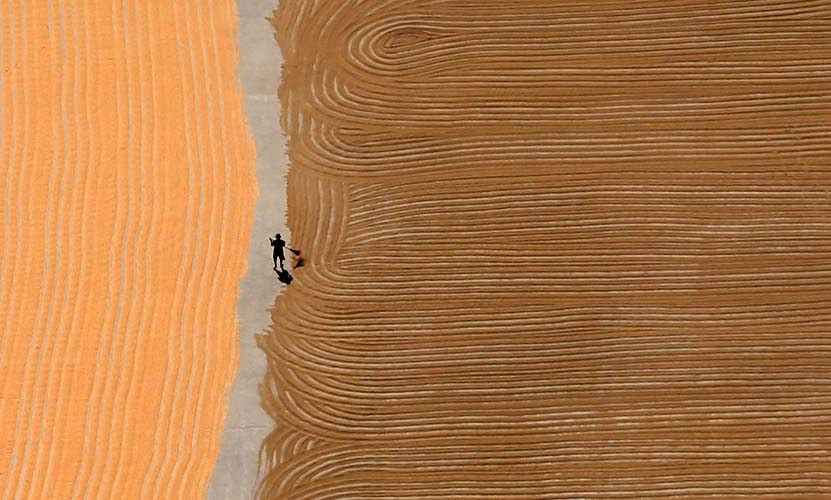
In a bid to alleviate the financial strain suffered by underprivileged agriculture stakeholders, Sen. Win Gatchalian is calling on the government to condone P13 billion in outstanding irrigation service fees (ISFs) owed by individual farmers and farming cooperatives to the National Irrigation Authority (NIA).
“Social justice demands that we lend a helping hand to these honest, hardworking farmers who are burdened by unfair debts. These people are the backbone of our agricultural sector, and government needs to look out for their welfare,” said Gatchalian.
Gatchalian has likewise proposed that the NIA stop collecting ISFs, which he said has further reduced the already meager monthly income of small farmers and added to their monthly expenses.
“Irrigation is a key factor in increasing agricultural productivity, rice sufficiency and food security. It should be the obligation of the State to provide free irrigation services,” Gatchalian stressed in the Explanatory Note of Senate Bill No. 1412, which proposes the repeal of the provision in the National Irrigation Administration (NIA) charter that authorized the agency to charge and collect irrigation fees from users.
He likewise suggested that the payment of unpaid ISF arrears be stopped, pointing out that a P2 billion subsidy in Irrigation Fees has been added to the 2017 budget of the NIA to cover the fees to be collected this year.
“This intervention in the 2017 GAA is now paving the way for free irrigation services to Filipino farmers,” Gatchalian pointed out.
The average ISF rate charged to farmers during the dry season is 3 cavans per hectare per year times the prevailing National Food Authority (NFA) price for rice per kilo, and 2.5 cavans per hectare per hear during the wet season.
The NIA collects the ISFs for yields of 40 cavans and above. The fund is used to cover the cost of operation and maintenance and to recover the cost of construction of irrigation systems nationwide.


